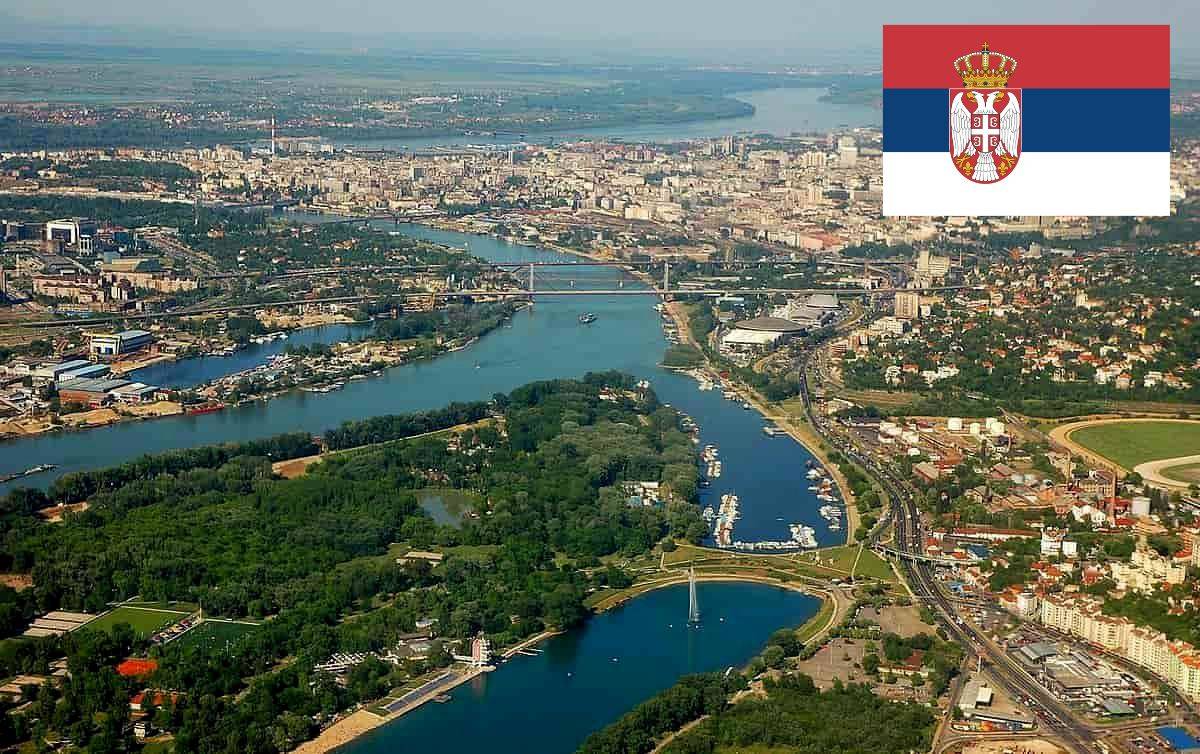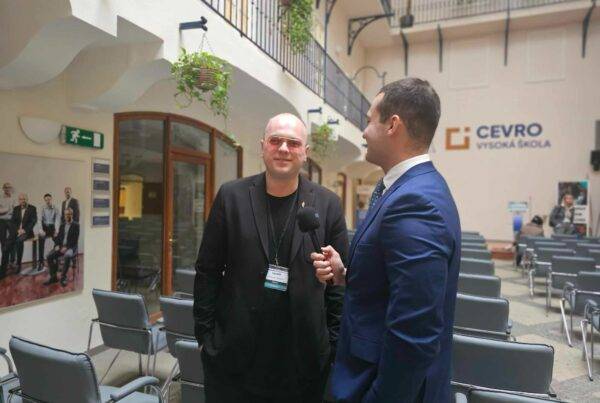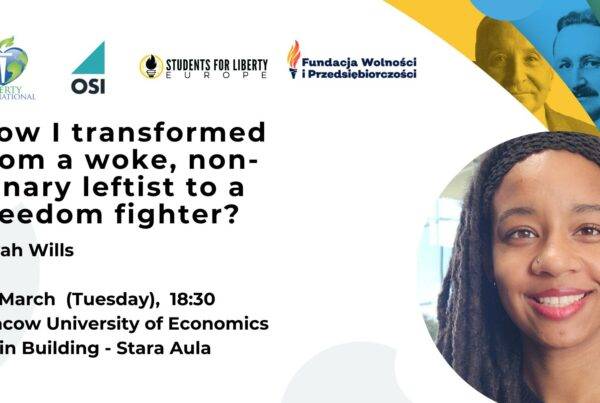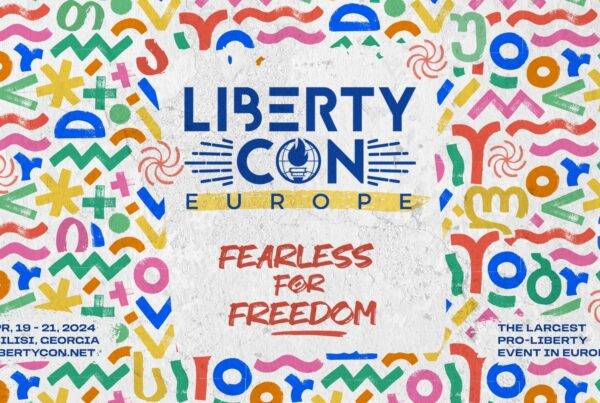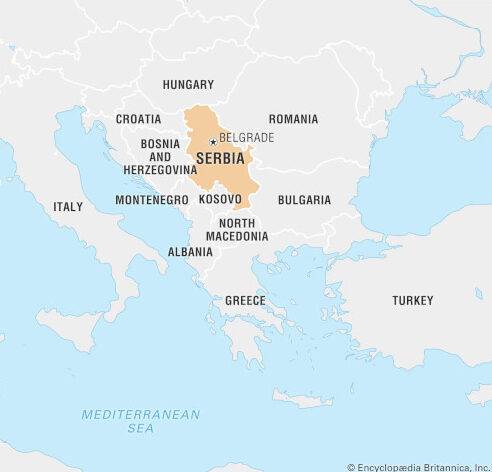
Written by Tomislav Krsmanovic
What happened in the world lately, especially in the previous two years, spills over into Serbia. As 2022 was marked by Covid-19, international conflict, economic woes, and an increasingly urgent climate emergency, many agree it has been a challenging year. Global citizens are struggling to be optimistic about 2023 as most express concern about the state of the economy, the environment, and world security.
The Government of Serbia, headed by President Aleksandar Vučic, promises that 2023 will be much more difficult for Serbia, full of new challenges and all kinds of trials. But that energy, economic, and security stability will be maintained, that there will be enough food, and that there will be no weakening of purchasing power. He expressed satisfaction with the financial results, announced new investments, better standards for citizens, pensions are expected to increase by 20%, as well as the growth of the average salary of employees.
The Balkans is the birthplace of European Judeo-Hellenic values. Since the democratic changes in October 2000, Serbia has been on the European path and its main foreign policy goal is membership in the European Union. The main reason why Serbia has not harmonized its policy in accordance with EU requirements to a greater extent is the unresolved issue of the status of Kosovo and Metohija, as well as relations with Russia and China, the judiciary, and corruption.
Libertarian thinker Ayn Rand prophetically predicted in the 1970s today’s world balkanization. Local non-formal criminalized segments encourage quarrels in order to get votes, and to get rich, connected underground of all nationalities in one goal-robbery, she said. The corrupt segments of the informal mafia have been transferred to the present day from the era of Slobodan Milosevic. and bureaucratic states from the former Yugoslavia.
Despite the difficult situation, Belgrade developed relations with all international partners and improved relations with regional and global geopolitical players. including Russia and China, from where investments and significant trade exchanges also come.
Josip Broz Tito once led such a balanced policy.
In 2022, Serbia began to reap the fruits of a noticeable improvement in traditional Serbian-American relations. This can also be seen in Kosovo, where the Americans calmed tensions and contained possible armed conflicts. The improvement can also be seen in the very significant volume and type of investments in the economy of Serbia from the USA.
Serbia did not impose sanctions on Russia but declared to be against the war for negotiations and peace in Ukraine. Regarding the mood of public opinion in the Balkans on the conflict in Ukraine, positions vary from country to country.
With my age, memories, and experience, I wonder: Does history repeat itself? I am amazed, I remember the 1950s, I was a pupil, and it was referred to everywhere nearly the same as today: North Korea, China, (Formosa) Taiwan, Iran, McCarthy, Russia, Balkans.
Trompf, in his book The Idea of Historical Recurrence in Western Thought, notes historically recurring patterns of political thought and behavior in the West since Antiquity. Repetition occurs due to tangible circumstances and chains of causation. Mark Twain’s favorite theory is that there is no single phenomenon but a mere repetition of the cause-and-effect nature of things that happened before.
Professor Ken Schoolland emphasizes in the foreword of his book The Adventures of Jonathan Gullible, translated into 57 foreign languages: What is today is created from what was yesterday, and tomorrow is created from what was today and yesterday. With a note that this book is placed in 60% of Serbian libraries, as well as some libertarian pamphlets, also the world bestseller Dr. Mary Ruwart’s “Healing our world” is in some Serbian libraries, as is “Capitalism for Children” by Karl Hess.
Epoch-like fundamental tectonic changes in the world and human civilization are taking place, which need to be responded to and adapted to. And that’s all very complex and insufficiently clear.
In my, may be subjective perception, libertarianism was during these delicate transitive times silenced a little for a while. I’m fascinated by how a team of young enthusiastic libertarians took over the orientation of the former ISIL, like a ship when it hits a storm now everything is moving forward, with solid evolution converting it into a new image of the previous ISIL – into modern LI. Generation change, new faces, I feel lonely sometimes, but I recognize the same libertarian fundaments, a discreet guiding path, and many familiar ones.
Serbia has been a traditional friend of America for decades, forever. After the breakup between Tito and Stalin in 1948, communist Yugoslavia rapidly turned to Western influences. In the 1950s, a true euphoria of westernization arose. American movies, actors, tunes, lifestyle, and youth entertainment.
The relations between the former Yugoslavia and today’s Serbia, which emerged from it, with America, were damaged after the conflict between the former leader of Yugoslavia, Slobodan Milosevic with America and NATO in 1999.
The awareness that it is important for the interests of Serbia to once again achieve traditionally close relations with the USA, which have lasted since the 19th century, is increasingly present. But also with the EU, where crucial economic support and cooperation come from. At the same time, President Vucic is developing economic relations with Russia and with China.
The ‘Open Balkans’ project, an initiative that has existed for a long time has been rounded off: to strengthen relations in the region and to give priority to the economy while leaving political differences with the neighbors aside. Serbia is trying to have good relations with Albania, to restore the damaged centuries-old closeness with Montenegro, Serbia and the Republika Srpska, one of the entities in the Federation of Bosnia and Herzegovina, are at the peak of rapprochement. Belgrade is trying to moderate the tensions between the Republika Srpska and the Bosniak entity in the Federation. Bosnia and Herzegovina. When it comes to Croatia, there is a mutual tendency to turn to the future and think less about the past. It is very interesting that Serbia’s relations with Hungary are at their historical maximum, but that they are also improving with Bulgaria and Romania.
Serbia is a multiparty state. The opposition has always criticized real failures or exaggerated them. The Democratic Party (DS) accused the government in Serbia of receiving bad marks from the EU when it comes to criteria related to political pluralism and the media image, pointing to an unsatisfactory state in the areas of the rule of law, freedom of expression, the fight against corruption, and organized crime. and protection of whistleblowers. In this DS report, the uneven position of candidates during the 2022 elections, unequal access to the media, and put pressure on voters employed in the public sector. DS was exposed to similar criticism when it was in power.
In my opinion, the way out is in Hegel’s vision of the evolution of LIBERTY, as the coexistence of great and subordinate nations. that the weaker can have far more freedom and prosperity than now. but on the condition that they establish pragmatic and reasonable relations with the great powers.
Dr. Mary Ruwart, decades after Ayn Rand’s death, proved that she was right with her advocacy for Reason. Ayn Rand says that there are no historical and other determinisms, but individuals who need to take their destiny into their own hands. While the American scientist Dr. Mary Ruvart takes a somewhat more nuanced position: if we want to change the world, we must first change ourselves. Mary Ruvart is right when she says: “The principle of PERSONAL RESPONSIBILITY works in both directions, on a political and personal level, research into these intertwining should actually create a new model of human existence.
My vision is libertarian. A kind of spiritual revival is being registered in the Balkans. Tentative calls for reconciliation can still be heard. I am convinced that this evolution will gain momentum. If there was reconciliation, tensions would disappear. It seems to me that would be a good strategy.
Trade and peaceful cooperation – that’s the reality. My vision is: the philosophy of liberty sees the world free of governmental overpower yet full of individual responsibility, the world freer and more open.

